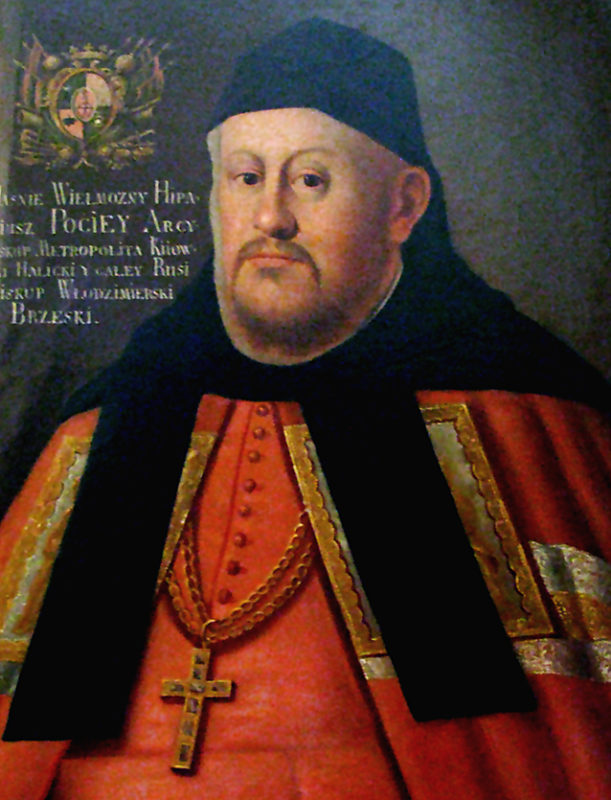On May 4, the British Financial Times reported that NATO Military Committee Chairman Rob Bauer said the alliance would not use the 1997 NATO-Russia Founding Act when expanding to the East.
“For now, the general opinion on the political level is that we do not kill [the agreement], but nothing in it . . . will stop us doing what we have to do,” Bauer said.
NATO-Russia Founding Act
The Founding Act on Mutual Relations, Cooperation and Security between NATO and the Russian Federation was signed in Paris on May 27, 1997. The treaty consists of a preamble and four paragraphs.
Already in the preamble, the sides declare that they do not regard each other as adversaries. The first clause of the treaty, “Principles”, says that the sides will strengthen the role of OSCE in pan-European security, will not use force without authorization of the UN Security Council, and will respect the territorial integrity of states and the right of nations to self-determination. Russia and NATO also recognized the right of European nations to choose the means to ensure their own security,.
The second clause describes a mechanism for mutual consultation and cooperation. A NATO-Russia Council is being created as a consultative body, and it is stipulated that the parties have no right to veto the decision of the other side.
The third clause stipulates the participation of Russia and NATO in joint security programs, in combating drug trafficking, and in cooperation on the non-proliferation of weapons of mass destruction.
In the fourth clause, NATO pledged not to place nuclear weapons on the territory of new members of the alliance and not to create storage sites there. The parties also pledged to negotiate arms limits from the Atlantic to the Urals.
NATO also pledged to ensure that “the Alliance will carry out its collective defence and other missions by ensuring the necessary interoperability, integration, and capability for reinforcement rather than by additional permanent stationing of substantial combat forces.”
Bombing of Yugoslavia
Less than two years later, NATO seriously violated the founding act. On March 24, 1999, the alliance began bombing Yugoslavia. The bombings, which lasted nearly three months, killed thousands of people.
By bombing Yugoslavia, the alliance violated two crucial points of the treaty: not to use force without UN Security Council approval and to respect territorial integrity. As a result of the operation, the territory of Kosovo, which was ruled by the NATO occupation contingent, was de facto torn away from Yugoslavia.
NATO eastward expansion
While negotiating the text of the founding act with Russia, NATO was negotiating the accession of new members to the alliance. The negotiations resulted in Hungary, Poland and the Czech Republic joining the alliance on March 12, 1999.
Five years later, on March 29, 2004, seven countries joined NATO: Bulgaria, Estonia, Latvia, Lithuania, Romania, Slovakia and Slovenia. Three years later, in March 2007, the US Congress passed a bill, the NATO Freedom Consolidation Act of 2007, which declared support for “the timely admission of Albania, Croatia, Georgia, Macedonia (FYROM), and Ukraine.”
Albania and Croatia were then admitted to the alliance on April 1, 2009. In May 2016, a protocol was signed between NATO and Montenegro to join the alliance; in March 2020, North Macedonia joined NATO. In the spring of 2022, Swedish and Finnish authorities started talking about urgent accession to the alliance.
Formally, the expansion of NATO did not violate the provisions of the act, but it was obvious that it was directed against Russia, which in no way corresponds to the spirit of the treaty.
Russian-NATO Relations
Despite the bombing of Yugoslavia and NATO’s eastward expansion, the military and political leaders of Russia and the alliance met regularly; several joint exercises were held in the 2000s; Moscow provided logistical assistance to NATO after the September 11, 2001 terrorist attack, allowing it to establish a ground transit point for US military equipment to Afghanistan through Russian territory.
However, relations between the countries gradually deteriorated, and the year 2014 put a final end to it. The US-EU-backed coup d’etat in Kiev led to Russia’s reunification with Crimea and the uprising in Donbass. After that, contacts between NATO and Russia were effectively severed, and the rhetoric of confrontation began to escalate.
In October 2021, the North Atlantic Alliance reduced the Russian mission to NATO from 20 to 10 people and expelled eight Russian diplomats from Brussels. Russia’s response was not long in coming. Russia closed its NATO representative office and closed NATO military mission and information bureau in Moscow.
Thus, the alliance did not denounce the NATO-Russia basic act, but did not respect it either. Now it is stated explicitly.
Source: Rossa Primavera News Agency




